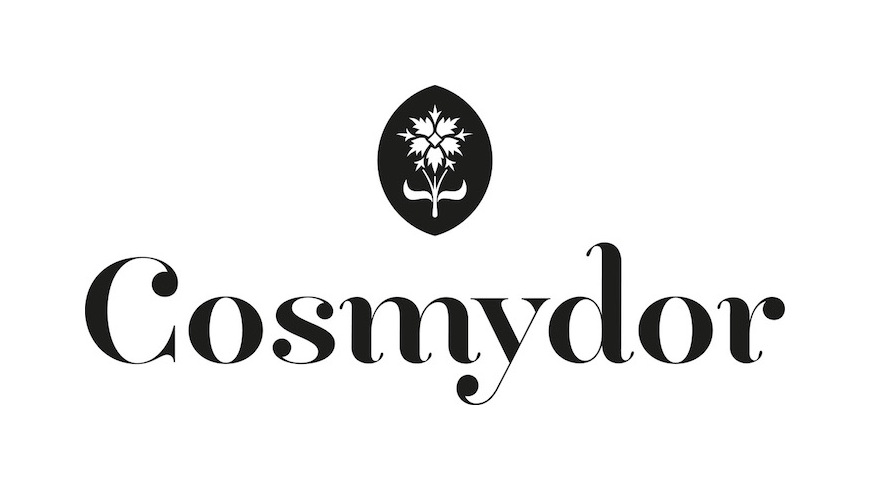VEGAN AND CRUELTY-FREE SKINCARE - BEWARE MARKETING: DID YOU KNOW THEY OFTEN CONTAIN PETROCHEMICALS?
Ylang-Ylang - Used in Several of Cosmydor’s Formulas
Vegan is very “in” and is the next big thing. The trend will probably become bigger after the Covid-19 crisis, as interest in the environment has snowballed.
Cruelty-free is fashionable too, although it has been mandatory in Europe for more than a decade. China is the only country where products have to be tested on animals before they can be put on the market, which means if your favourite brand is sold in China, they had to test it on animals (“using” 3 rabbits for every product).
To claim to be a vegan product, you just need a formula that doesn’t contain any animal-derived ingredients – something that is easy to check on the label.
Cosmydor is wholeheartedly committed to this approach. About 80% of our products are vegan, and the remaining 20% are only non-vegan because they contain organic beeswax, from suppliers we know are extremely respectful of bees.
Today vegan and cruelty-free brands are popping up like mushrooms, driven by two kinds of consumers:
Those who are “truly” vegan, i.e. believe they should exclude animal-derived ingredients from their food, clothes, and cosmetics.
Those who assume vegan and cruelty-free products are more natural and contain more plant ingredients, and so trust them to be more efficient products.
As usual, fierce competition in the beauty industry and greed (i.e. high margins thanks to low production costs), drive marketing and formulation experts to overplay the vegan card to attract these two categories of consumers. Essentially by “forgetting” to tell you about the petrochemicals their products contain.
We have studied a sample of new “vegan” brands. They don’t use any animal-derived ingredients, so are fully entitled to promote themselves as vegan. But their formulas are stuffed with petrochemicals: PEG; EDTA; ingredients ending with “-eth” or containing “methyl”, "ethyl", "butyl", “propyl”, or “polymer”; paraffin; and fragrances.
Most of them also claim to be “cruelty-free”, which, when a formula contains water, some plants, a lot of petrochemicals, and is not sold in China, is obvious. Although no animals may have been harmed, the use of petrochemicals suggests the planet is a victim somewhere in the process, and your body may also react badly to them.
The vast majority (99%) of these “vegan” and “cruelty-free” brands use plastic packaging, the most environmentally harmful (but cheapest) solution available for skincare products.
A lie contained in a lie, covered with cute logos.
There is no reason to have to choose between animal-derived and petrochemical formulas. The solution exists: exclude petrochemicals completely, and offer creams, serums, masks, and scrubs with more than 99% natural ingredients. Soaps and soap-containing products should contain more than 90% natural ingredients (as the lye used in soap making, which then disappears completely, is not considered “natural”).

